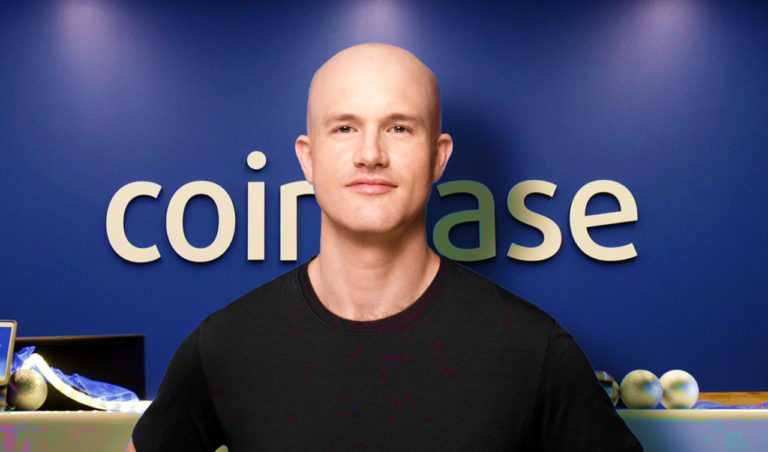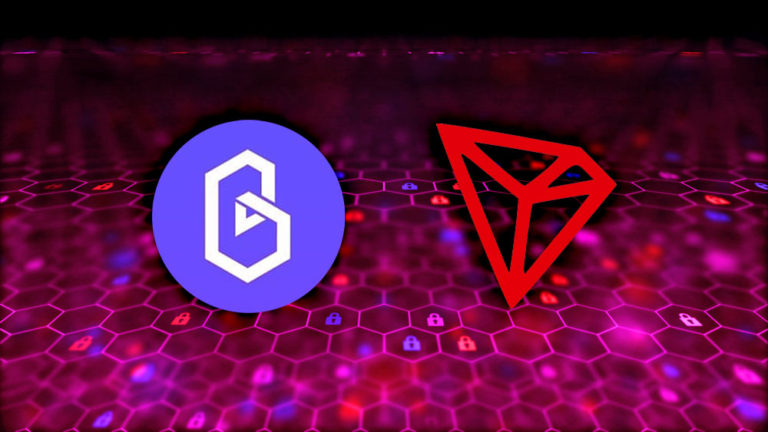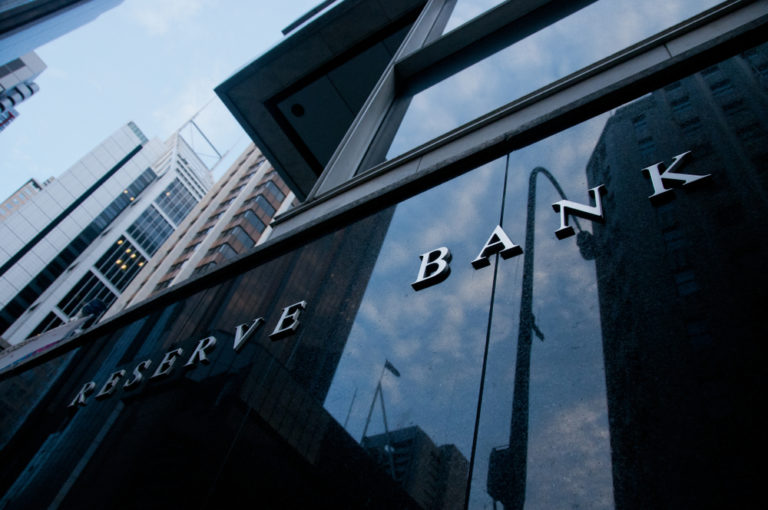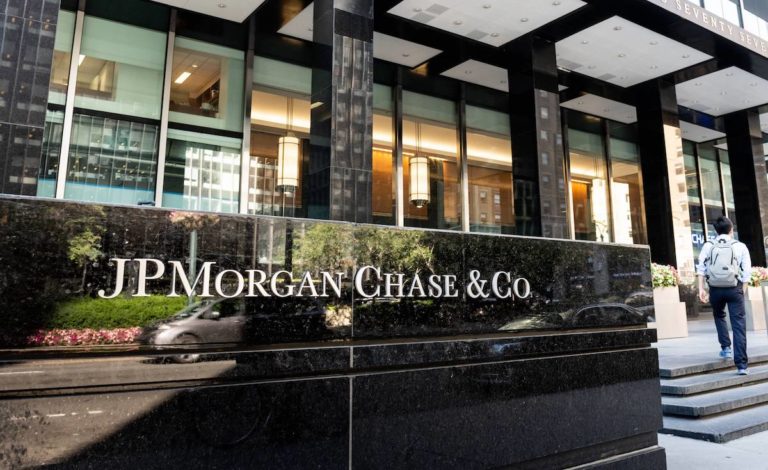Synthetic or non-physical gold is rising in popularity due to their convenience—there’s no security threat and it’s easy to trade. But actually there are a lot of hidden dangers linked to owning these synthetic products, says John Adams.
In a recent podcast interview with Digital Finance Analytics, the leading Australian economist, in fact, hinted at a large Ponzi scheme in synthetic products, “where legal title is not clearly established and there’s also the risk of over issuance, so you sell more synthetic products than what you have”.
According to Adams, other risks associated with owning synthetic gold and silver products include convertibility risk, where the involved counterparty is not able or unwilling to convert the same into physical gold and silver upon request.
Rehypothecation and counterfeit risks are also there, he said. While rehypothecation means that multiple synthetic gold and silver products are sold to multiple individuals tied to the same underlying physical gold or silver bar or coin, counterfeit risk is where the involved counterparty uses ‘salted’ gold and silver.
During the interview, Adams also called for a thorough probe into the commercial practice of gold leasing by the Reserve Bank of Australia (RBA) to assess its full ramifications for both the RBA and the gold market more generally.
Though RBA’s Deputy Governor Dr Guy Debelle had claimed during a Parliamentary Committee hearing in 2019 that its “leased gold does not move” from the Bank of England vault, where its holdings are held, Adams said, the same year the central bank inadvertently revealed the identity of its major gold leasing counterparty in response to a Freedom of Information request.
Citing the documents released, the economist said, some 11.1 tonnes of the RBA’s gold is on loan to Gold Corporation (i.e. the Perth Mint), which is wholly owned by the Western Australian Government and governed by Western Australian statute Gold Corporation Act. “This revelation calls for a further probe,” he told host Martin North.
Photo by Sharon McCutcheon on Unsplash











